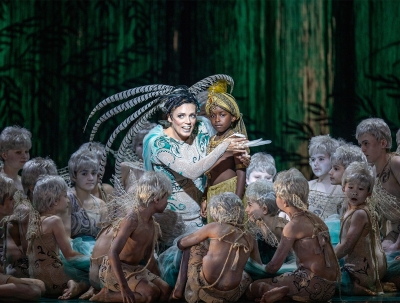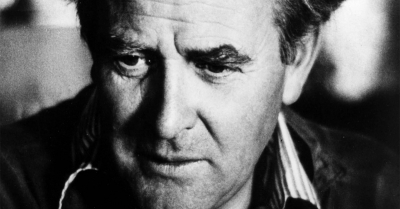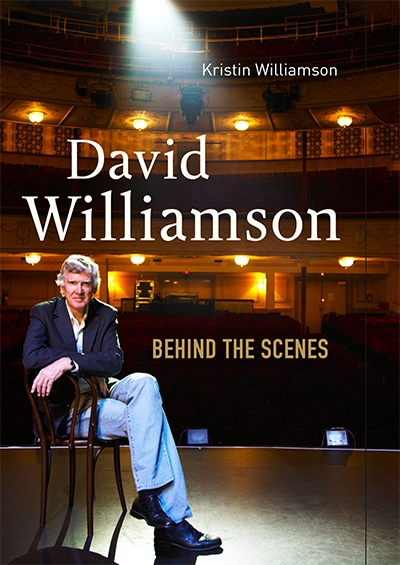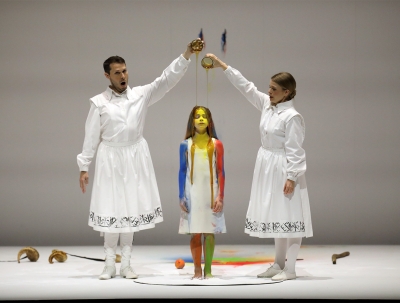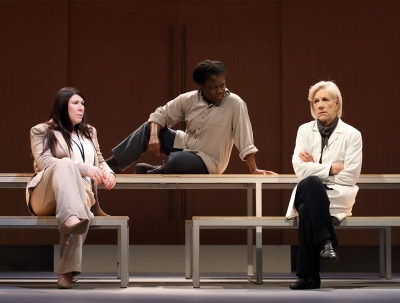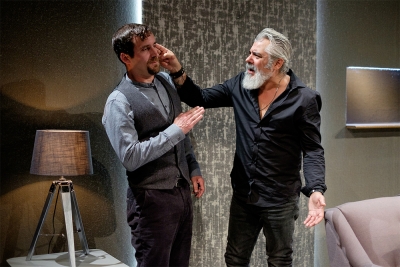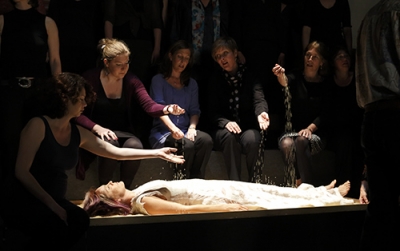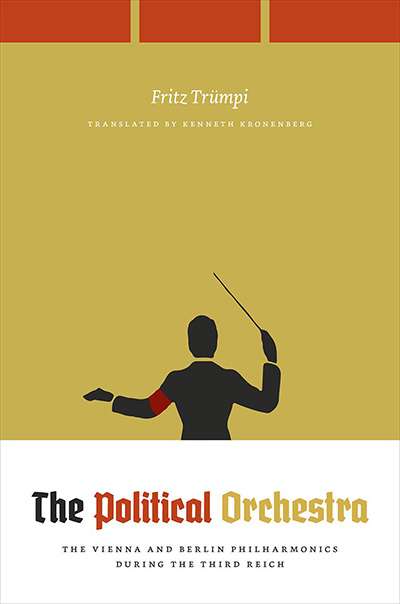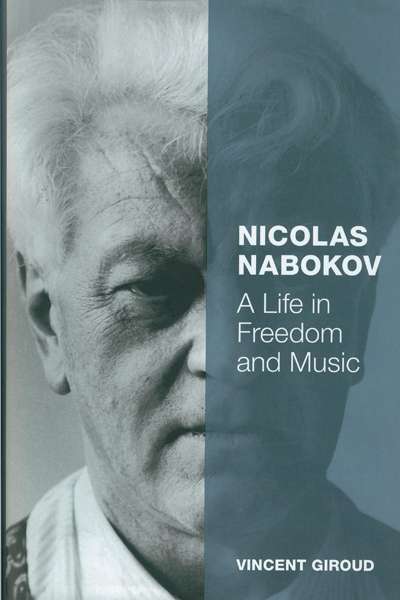Michael Morley
Comparisons can be odious, odorous, even otiose. Yet while I have lost count of the number of takes on Shakespeare’s play I have seen over the years – theatre, ballet, modern dance, knockabout collages of dance, movement and music, and opera – five stay in the memory. In the order in which I saw them, they are: the first revival at Sadler’s Wells in the mid-1960s of Britten’s 1960 opera, which marked the beginning of James Bowman’s stellar career; Max Reinhardt’s 1935 film; Peter Brook’s version of the play, which redefined it for not just one but several generations; Elijah Moshinsky’s powerfully evocative take on the opera from 1978 (also starring Bowman); and Declan Donnellan’s inspired and laugh-out-loud shaking up of the work for the Donmar Warehouse in the mid-1980s.
... (read more)The voice on the telephone, not brusque or curt, came straight to the point. ‘How long are you in London for? And would you be free for dinner this Friday?’
... (read more)It may be that some members of the audience at Romeo Castellucci’s highly individual take on, and response to, Mozart’s Requiem, experience something similar. I certainly am aware from conversation (and observation) that some audience members did indeed respond to the stage images with closed eyes. But in doing so they denied themselves the opportunity to see and respond to some of the most evocative, poetic, and, yes, musical images seen on the Festival Theatre stage since Bo Holten’s Operation Orfeo back in the 1990s.
... (read more)No one would maintain that Schnitzler’s original text does not need cutting and shaping for an updated presentation of the issues he was concerned with back in 1912. (One of the drollest observations about Schnitzler’s style comes from Franz Kafka, who noted that ‘it is replete with the quavering hollowness of literary pretensions’, though he was speaking specifically of Schnitzler’s late works.) But a play like Professor Bernhardi is no more nor less overwritten than some of Shaw. Here, at every turn, Icke’s ‘re-imagining’ (and his direction) opts for crude juxtaposition, where Schnitzler’s outlining of the issues can accommodate both subtlety and directness, ambiguity and clarity. And Icke’s simplification is reflected in the performances of most of the actors
... (read more)Ulster American (Traverse Theatre Company/Adelaide Festival) ★★★★★
In the program note for his most recent play, Belfast playwright David Ireland claims that ‘he became a playwright after being unemployed and unemployable as an actor for three years, despite having trained as an actor for three years at the Royal Scottish Academy of Music and Drama ...
... (read more)If one were tempted to cast round for a theme or a set of motifs that could be discerned from this year’s Adelaide Festival, it might be Rilke’s ‘Who speaks of victory? To endure/survive is all.’ Not as a default position, but as a celebration of those left behind, of those who tell the stories of those who have struggled and ...
... (read more)The Political Orchestra: The Vienna and Berlin Philharmonics during the Third Reich by Fritz Trümpi
Letters to the Editor in the May issue of Australian Book Review
... (read more)
